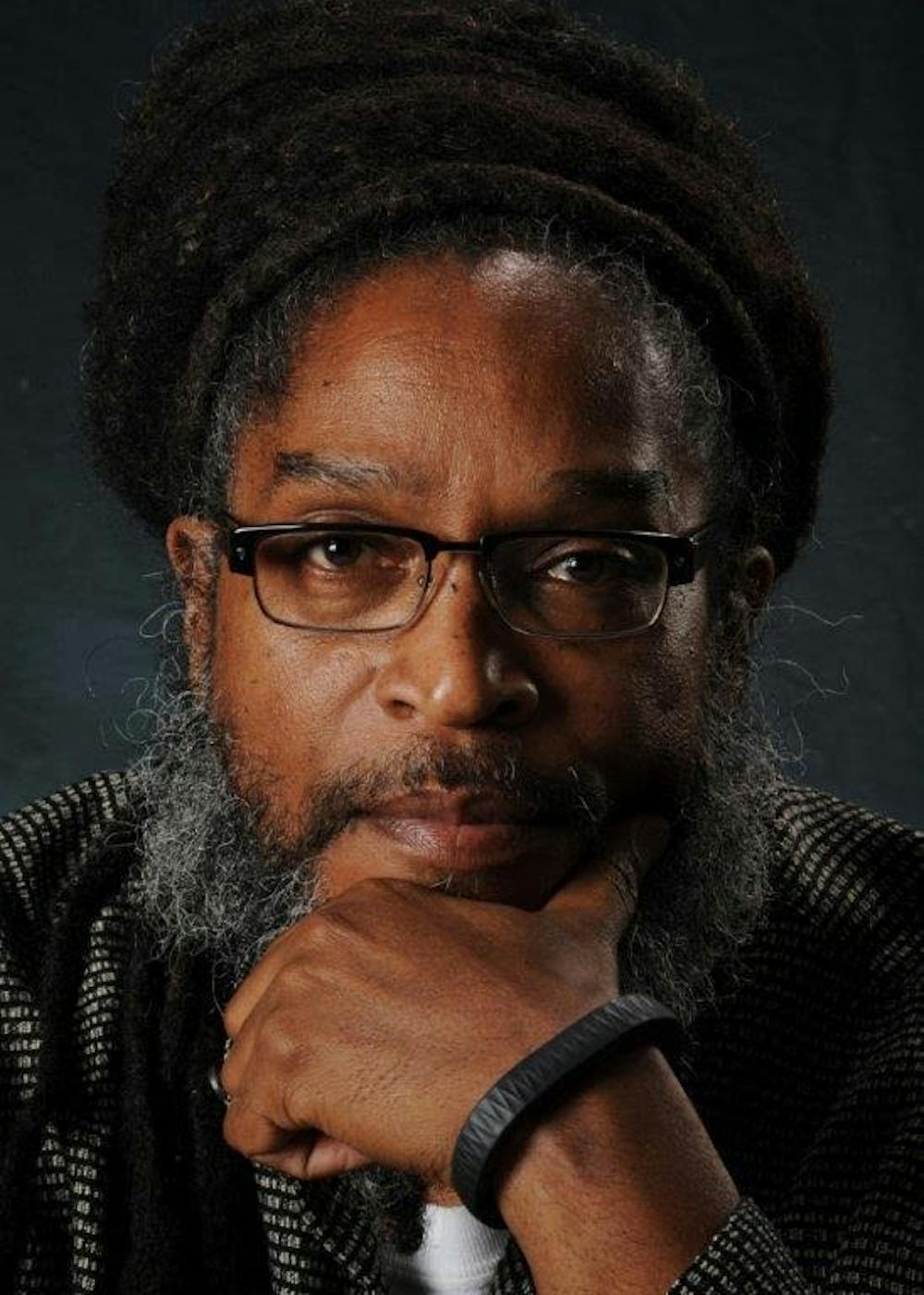After writing a book on the origins of Rastafarianism, anthropology professor Charles Price is continuing his research on the Rastafari culture and identity in Jamaica.
Price said he was interested in answering the questions of why and how people become Rastafarian, a question he said people have not before asked.
“His first part of that project that he’s already published in a book has a lot to do with the way that Rastafari practice has transformed people’s identities and sense of self and now he’s putting together the broader history of the community as it’s come together in Jamaica and beyond,” said Rudi Colloredo-Mansfeld, chairperson of the Department of Anthropology.
“So that’s an important project in part just to know the history of those people in that community, but also there are people worldwide from Angola to Cuba to wherever that are interested in Rastafari ideology, culture and history.”
His second book, still a work in progress, will focus on people’s collective identities.
“With this (book) I’m hoping that I can make some contributions to how we think about and explain collective identity because I think a lot of the work that’s out there really tries to explain it by focusing actually on individuals to understand this collective identity and what I’ve been trying to do is to really develop a way to sort of incorporate the social and historical factors that shape a collective identity,” Price said.
Colloredo-Mansfeld said UNC is lucky to have Price as a professor.
“This work speaks directly to urgent national debates and conversations about race, about justice, about respect and understanding across racial division,” Colloredo-Mansfeld said.




